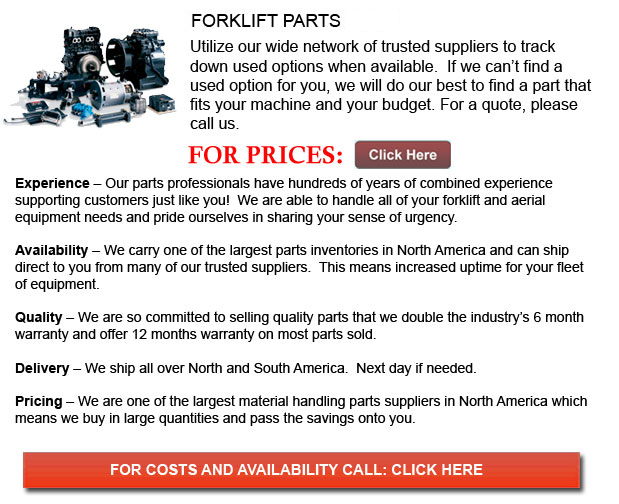Regulations controlling the competition
The first Congress under the Constitution passed a new tariff in 1789 with an ad valorem rate of 8 percent; the entire tariff code consisted of a single sheet of rates posted at U.S. custom houses. (By the 1980s, the tariff code would fill two hefty volumes with more than 8,000 different categories.) While the 1789 tariff seemed high to many Americans at the time, the tariff levels would continue rising and reach triple that level by 1816.
In 1791 Secretary of the Treasury Alexander Hamilton issued “Report on Manufacturers,” in which he sought to persuade Americans to support high tariffs for infant industries to spur economic development: “Though it were true, that the immediate and certain effect of regulations controlling the competition of foreign with domestic fabrics was an increase of price, it is universally true, that the contrary is the ultimate effect with every successful manufacture. ... In a national view, a temporary enhancement of price must always be well compensated by a permanent reduction of it.” Hamilton neglected to explain why higher prices always lead to lower prices, but that did not deter subsequent generations of protectionists from invoking him as if his report had been handed down from Mount Sinai.
As the 1800s began, the United States’s trade was rollicked by the competing embargoes imposed on European trade by Britain and by Napoleon in France. In response to British attacks on American ships, Thomas Jefferson imposed a temporary embargo on trade with England in 1807. Inefficient American manufacturers loved the boycott and also profited heavily from the War of 1812. After that war ended, the northern part of the United States was permeated by “mushroom industries” — businesses that had thrived only because they were sheltered from foreign competition. To protect the new companies, Congress enacted a tariff in 1816 that was far higher than any prior import barrier.
The profits for factory owners generated by that tariff helped spur more pro-tariff propaganda in Washington. Northern congressmen began to advocate a ban on importing any product that any American chose to manufacture. Southern farmers, whose cotton and tobacco were the prime exports of the nation, were forced to buy in a protected market and sell in a free market. Even before the doctrines of David Ricardo reached America, Virginian farmers were protesting to Congress that government policy should not scorn a nation’s comparative advantage: “That instead of struggling against the dictates of reason and nature, and madly attempting to produce every thing at home, countries should study to direct their labors to those departments of industry for which their situation and circumstances are best adopted.”

